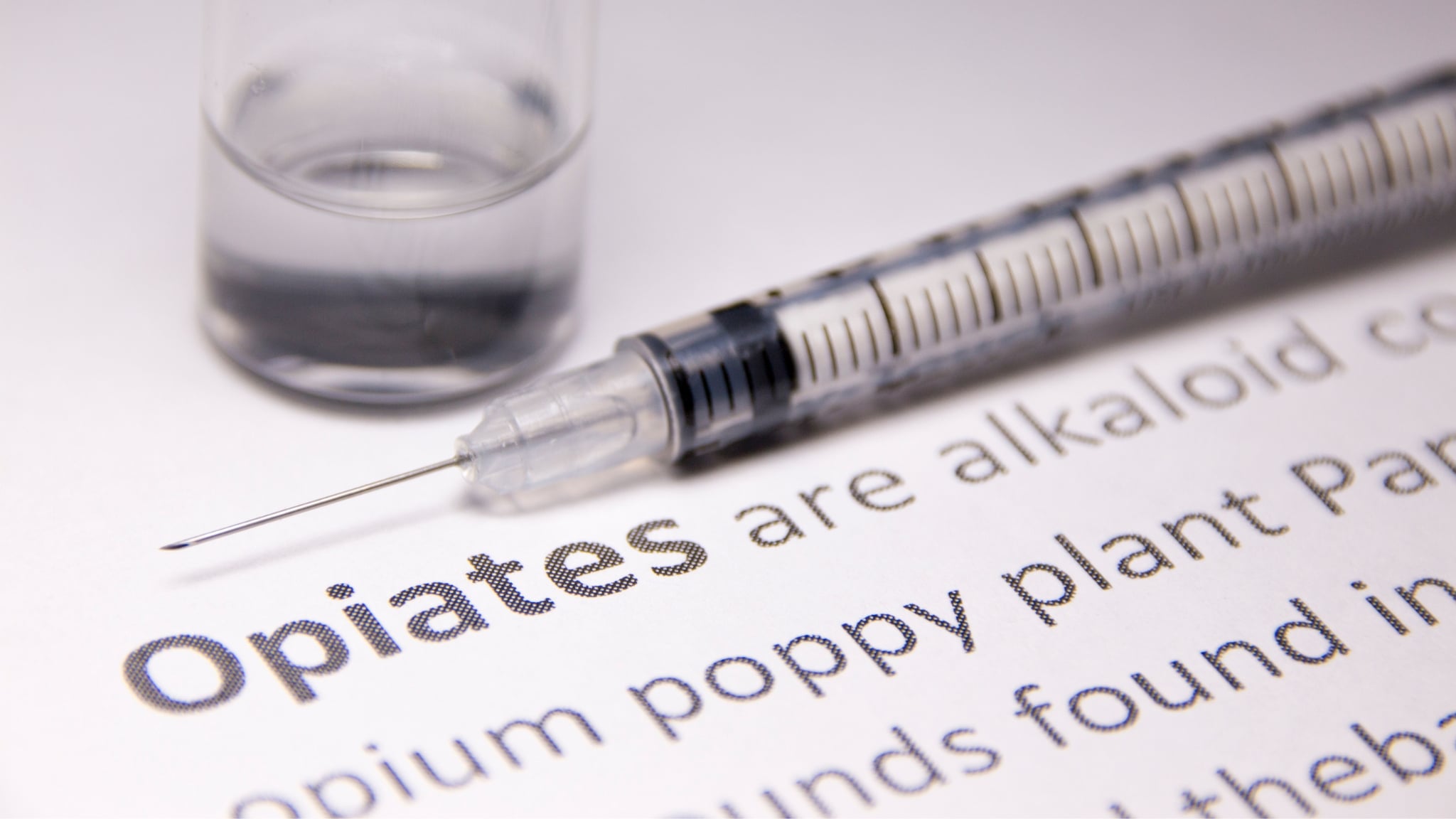Neurontin is the brand name for the prescription medication Gabapentin. The discovery of Gabapentin dates back to the 1970s. Then in 1993, it was approved by the FDA for use in the US, and since 2004 it has been available in its generic forms and as brand names. The most common brand name for Gabapentin is Neurontin.
It is an epileptic seizure medication and belongs to the anticonvulsant group of drugs. Neurontin/ Gabapentin is also used to relieve pain associated with chronic nerve pain, pulled muscles, pain from neck and back injuries, and shingles. Its uses for it have evolved to include treating depression and anxiety and alleviating physical withdrawal symptoms from some addictive drugs.
Gabapentin (Neurontin) prescribing has steadily increased in recent years, and in 2019, 69 million gabapentin prescriptions were dispensed in the United States, making it the seventh most prescribed medication nationally. (CDC, 2023)
How Does it Help Drug Withdrawal Symptoms?
As an anticonvulsant, the active ingredients in Neurontin slow the responses of the central nervous system and neurons in the brain. This occurs because there is a chemical similarity between Gabapentin and Gamma-Aminobutyric Acid (GABA), a brain chemical vital to the nervous system.
Taking it can ease anxiety, and nerve pain, reverse poor sleep and cause a person to feel sedated and relaxed. Therefore, the effects of Neurontin will minimize anxiety, stress, insomnia, and depression, all common opiate detox withdrawal symptoms. However, it is not free of risk. Many people abuse Neurontin or combine it with opiates, alcohol, and other drugs.
Medical doctors agree that treating drug withdrawal symptoms with Neurontin is relatively safe and effective.
Can I Take Neurontin Instead of Opiates?
Neurontin is not an opioid medication and will not replicate the effects of opiate drugs. Although it will sedate and enhance the effects of many central nervous system drugs like heroin, prescription painkillers, benzodiazepines, and alcohol, it will not cure opiate withdrawals. The only answer for someone who requires opiate detox is to be admitted into a professional medically supervised opiate detox.
Opiate withdrawals require medical supervision, where they will be monitored and prescribed medications like Suboxone, methadone, and Neurontin. Opioid addiction is severe and causes debilitating withdrawal symptoms that Neurontin alone will not minimize enough.
What Does Opiate Withdrawal Look Like?
When someone is addicted to an opioid which is the same thing as an opiate, they will require to use and sustain their addiction by ingesting opiates regularly. Opiates include heroin, Fentanyl, Oxycontin, Vicodin, Percocet, and numerous other prescription painkillers not mentioned before.
The physical dependency resulting from using opiates means that once the drug is no longer in their system, they will experience flu-like symptoms that increase in severity and last from 10 days to 2 weeks. The symptoms include:
- Coughing
- Sneezing
- Vomiting
- Nausea
- Headaches and body aches
- Fever chills
- Sweating
- Dehydration
- Inability to sleep or relax
- Hallucinations
- Obsession with getting more opiates
We Offer Neurontin and Opiate Withdrawal Medication
To begin getting help for an addiction to an opiate, the priority is to be medicated, so the withdrawals will not cause you to return to using an opiate. We provide same-day admission and medicate our patients upon arrival. The opiate detox unit provides medical supervision and allows each person to rest and sleep until they are physically better.
We rely on pharmacotherapy medicines such as Neurontin and other medications to help people relax and get through the emotional and physical detox symptoms associated with opiate withdrawals. It is a matter of life or death to get medications to help you end the addiction. Call now to be admitted directly.
Medically Reviewed: January 4, 2023

All of the information on this page has been reviewed and verified by a certified addiction professional.

